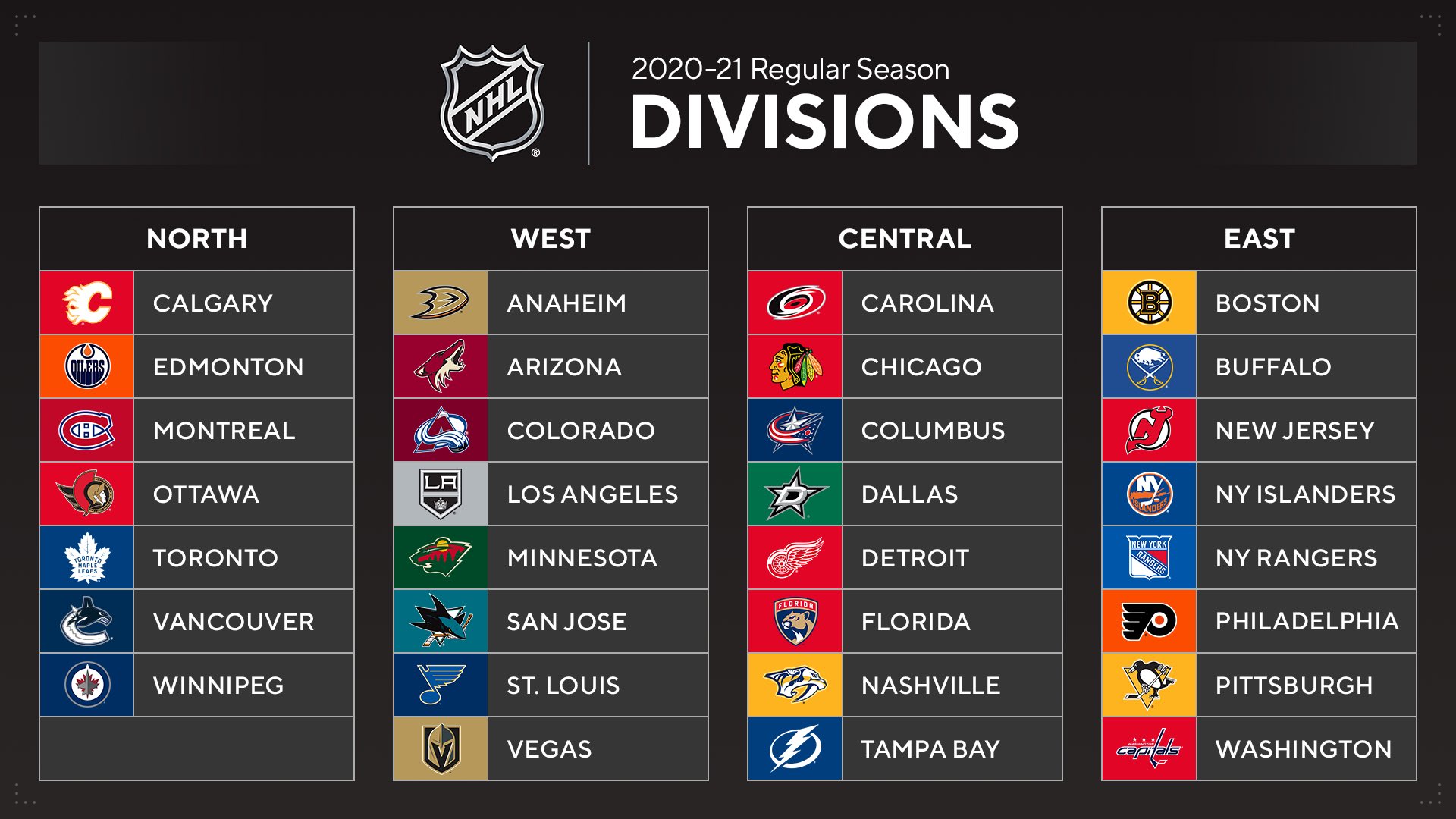Wall Street's Flight To Safety: Why Netflix Is Thriving Despite Tech Downturn

Table of Contents
Netflix's Resilient Business Model
Netflix's success in a turbulent market isn't accidental; it's a testament to a robust and adaptable business model. Several key pillars support its remarkable performance.
Strong Subscriber Base and Recurring Revenue
Netflix's subscription model provides a highly predictable revenue stream, a critical advantage during economic uncertainty.
- Massive Global Reach: Its vast global subscriber base, spanning millions across numerous countries, significantly mitigates the impact of regional economic downturns. A dip in one market can often be offset by growth in another.
- Predictable Revenue: Recurring monthly subscriptions ensure a consistent cash flow, unlike businesses reliant on one-time purchases or volatile advertising revenue.
- High Retention Rates: Netflix's ability to retain subscribers demonstrates the value proposition of its service, fostering long-term financial stability. While precise figures fluctuate, consistent retention rates are a key indicator of a strong subscriber base.
Content as a Moat
Netflix's massive content library acts as a significant competitive moat.
- Original Programming Powerhouse: Its investment in original programming, including critically acclaimed series and films, differentiates it from competitors and attracts new subscribers. Think of the global success of shows like "Stranger Things" or "Squid Game."
- Diverse Genre Strategy: Catering to a broad range of tastes, from documentaries and reality TV to international productions and children's programming, ensures a diverse appeal and maximizes subscriber acquisition.
- Strategic International Content: Investing in content from various regions and languages enables Netflix to tap into global markets and cater to diverse audiences, strengthening its position against localized competition.
Cost-Cutting Measures and Efficiency
Despite its investment in content, Netflix has implemented strategic cost-cutting measures without sacrificing quality.
- Password Sharing Crackdown: Addressing password sharing has helped improve revenue generation from existing subscribers, boosting profitability.
- Targeted Marketing: Focusing marketing efforts on high-yield segments improves return on investment and optimizes marketing spending.
- Operational Efficiency: Streamlining processes and enhancing operational efficiency allows for greater profitability even during economic instability.
The Flight to Safety and its Impact on Netflix
The "flight to safety" phenomenon in the stock market has significantly benefited Netflix.
Defensive Stock Characteristics
Investors often seek stability during economic uncertainty, leading to a shift towards established, profitable companies.
- Established Market Leader: Netflix's position as a dominant player in the streaming industry makes it a safer bet than newer, less established companies.
- Consistent Revenue Growth (Historically): While growth rates may fluctuate, a history of revenue growth provides investors with confidence. (Note: Analyze current financial reports for the most up-to-date information.)
- Strong Brand Recognition: The Netflix brand enjoys widespread recognition and trust, bolstering investor confidence.
Reduced Competition from Smaller Players
The tech downturn has disproportionately impacted smaller streaming services.
- Funding Challenges: Startups and smaller players face increased difficulty securing funding, hindering their ability to compete with Netflix's extensive resources.
- Market Consolidation: This creates opportunities for Netflix to gain market share as competitors struggle or even exit the market.
- Reduced Marketing Spend from Competitors: Less aggressive marketing efforts from smaller players mean less competition for attracting new subscribers.
Adaptability and Innovation
Netflix's ongoing innovation further enhances its resilience.
- Interactive Content: Innovations like interactive storytelling engage users and differentiate Netflix's offerings.
- Expansion into Gaming: Diversifying into gaming expands the platform's appeal and potential revenue streams.
- Strategic Use of Advertising: The introduction of a cheaper, ad-supported tier demonstrates adaptability to evolving market demands.
Wall Street's Flight to Safety and Netflix's Future
In summary, Netflix's success amidst the tech downturn is attributed to a robust business model, its significant content library, efficient cost management, and its ability to adapt to evolving market conditions. The "flight to safety" has further fueled its growth by reducing competition and attracting risk-averse investors. The key takeaways highlight the importance of a resilient business model, the power of strong content as a competitive advantage, and the value of continuous innovation in navigating economic uncertainty. To further understand how Netflix navigates Wall Street's flight to safety and continues to thrive, delve into their investor relations reports and financial analyses. Stay informed about the evolving landscape of the streaming industry and how companies are adapting to market fluctuations.

Featured Posts
-
 Brewers Historic Rout Of Athletics A Record Breaking Performance
Apr 23, 2025
Brewers Historic Rout Of Athletics A Record Breaking Performance
Apr 23, 2025 -
 Yankee Broadcasters Controversial Comment On Seattle Mariners
Apr 23, 2025
Yankee Broadcasters Controversial Comment On Seattle Mariners
Apr 23, 2025 -
 Yankees Cortes Dominates Reds With Shutout Start
Apr 23, 2025
Yankees Cortes Dominates Reds With Shutout Start
Apr 23, 2025 -
 Diamondbacks Stage Ninth Inning Comeback To Defeat Brewers
Apr 23, 2025
Diamondbacks Stage Ninth Inning Comeback To Defeat Brewers
Apr 23, 2025 -
 Diamondbacks 5 2 Victory Over Brewers Key Moments And Player Performances
Apr 23, 2025
Diamondbacks 5 2 Victory Over Brewers Key Moments And Player Performances
Apr 23, 2025
Latest Posts
-
 Nhls Draisaitl Suffers Injury Impact On Edmonton Oilers
May 09, 2025
Nhls Draisaitl Suffers Injury Impact On Edmonton Oilers
May 09, 2025 -
 Remaining 2024 25 Nhl Season Storylines To Anticipate
May 09, 2025
Remaining 2024 25 Nhl Season Storylines To Anticipate
May 09, 2025 -
 Predicting The Top Storylines In The Nhls 2024 25 Season
May 09, 2025
Predicting The Top Storylines In The Nhls 2024 25 Season
May 09, 2025 -
 Nhl 2024 25 Season Key Storylines To Follow
May 09, 2025
Nhl 2024 25 Season Key Storylines To Follow
May 09, 2025 -
 Top Nhl Storylines To Watch For The Rest Of 2024 25
May 09, 2025
Top Nhl Storylines To Watch For The Rest Of 2024 25
May 09, 2025
